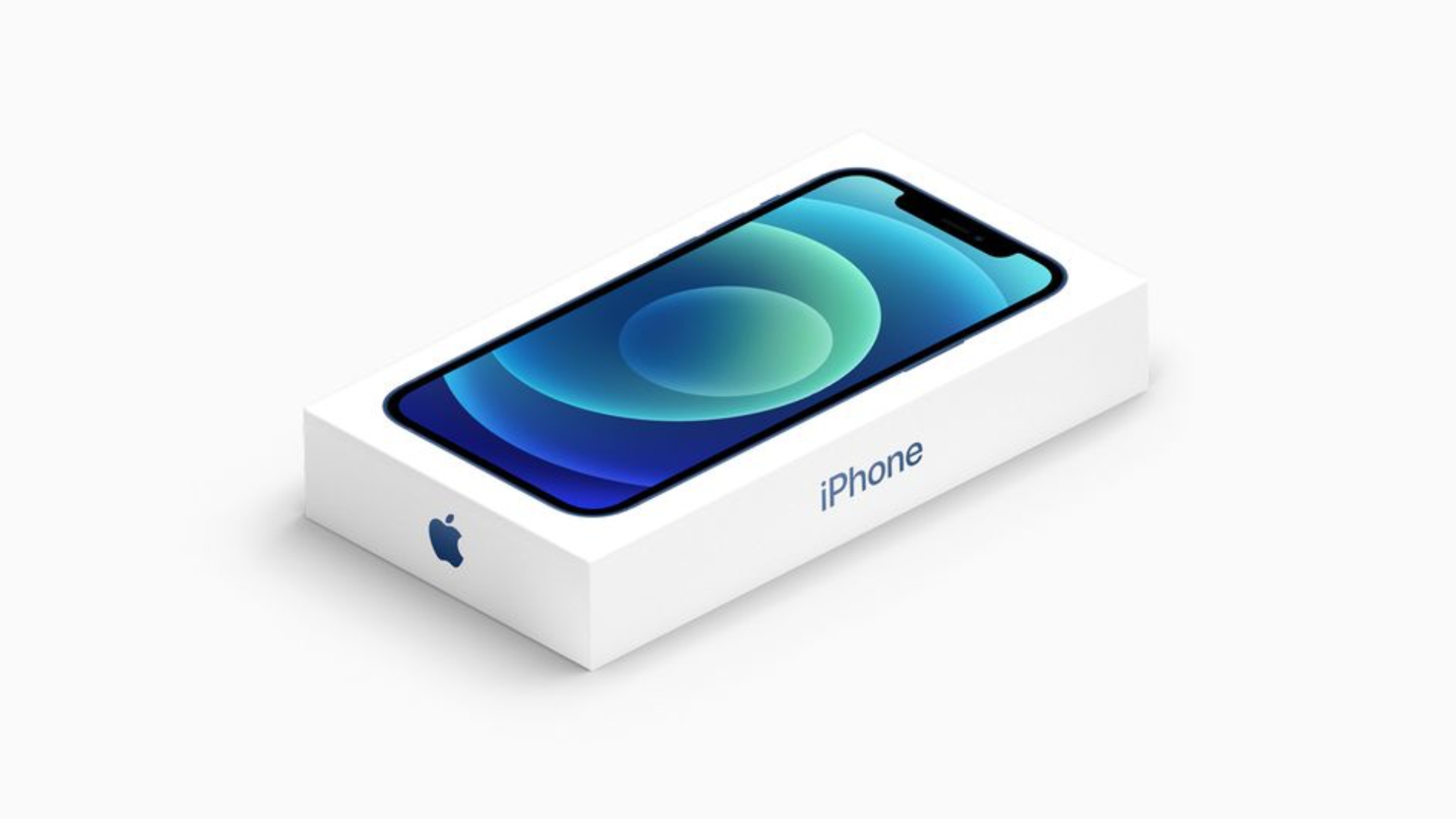
Apple has revealed its commitment to a minimum of five years of iPhone security software updates from the date a device is launched, thanks to a new legal requirement in the United Kingdom (via Android Authority).

Earlier this year, the U.K. established new Product Security and Telecommunications Infrastructure (PSTI) regulations, which force companies that sell internet-capable products in the country to comply with certain security requirements.
One of the requirements of the PSTI is that companies define a support period, or minimum length of time, for which security updates will be provided after sale. A "security update" is defined by the regulation as a "software update that protects or enhances the security of a product, including a software update that addresses security issues which have been discovered by or reported to the manufacturer."
In compliance with the regulation, Apple has submitted a public regulatory filing for the iPhone 15 Pro Max. The PSTI filing shows that the device's "defined support period" is a "minimum five years from the first supply date." The "first supply date" is listed as "September 22, 2023," which is when the iPhone 15 series launched.
Unlike Samsung and Google, Apple is not usually explicit about its legacy software support for iPhone devices, so the five-year minimum should come as good news to Apple users holding onto older devices. However, as Android Authority notes, both Samsung and Google guarantee seven years of security updates as well as Android OS updates for their devices, which is two years longer than what Apple is guaranteeing here.
That said, Apple typically provides older devices with the latest security updates longer than the stated five-year period. For example, just this March Apple pushed a security update to iPhone 6s models, which launched in September 2015, or nine years ago.
Going back further, in November 2020, Apple released an update to patch major security issues for the iPhone 5S, which was released in 2013. That's seven years after the device went on sale. In other words, while the minimum-five year period is now set in stone, iPhone users can take comfort in the fact that Apple has a strong history of keeping legacy devices in the loop for several years longer.
Article Link: Apple Commits to at Least Five Years of iPhone Security Updates
Last edited:


